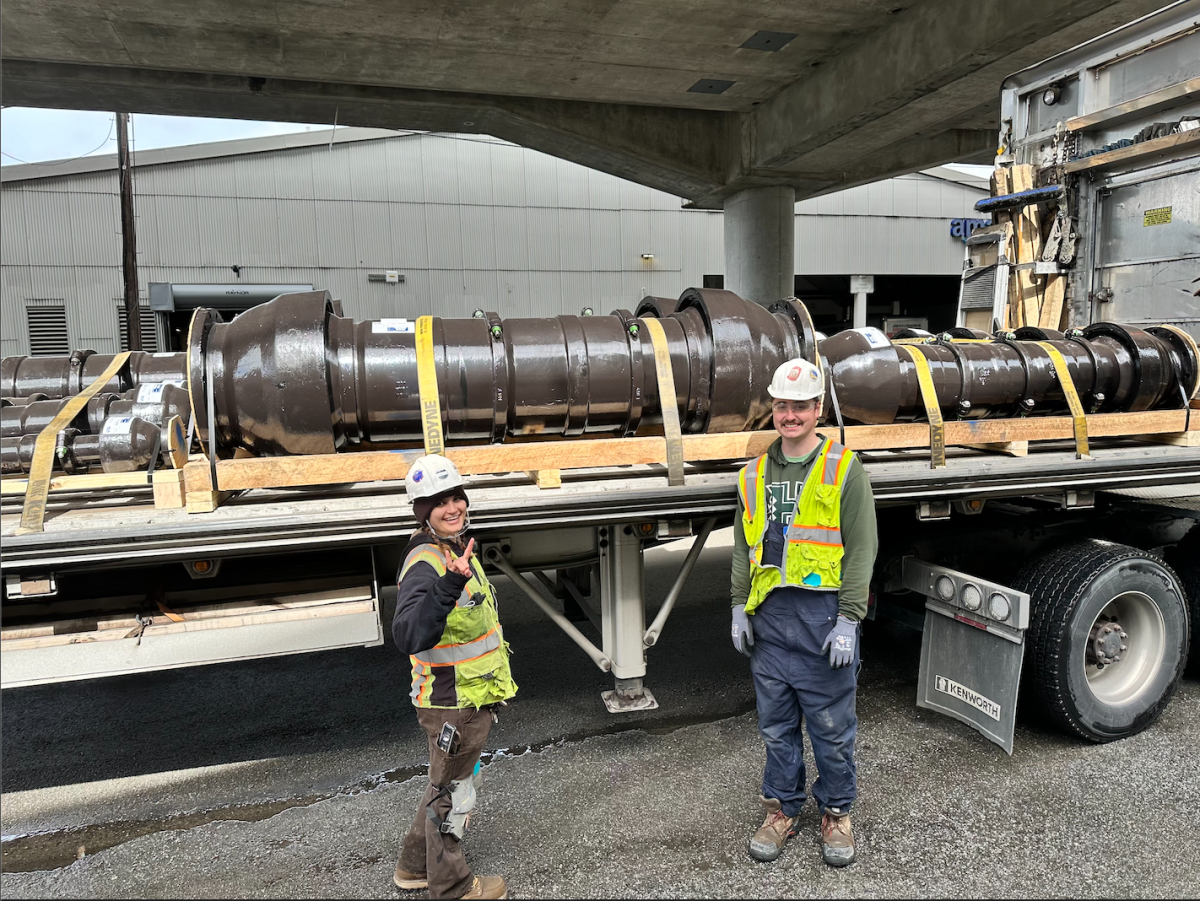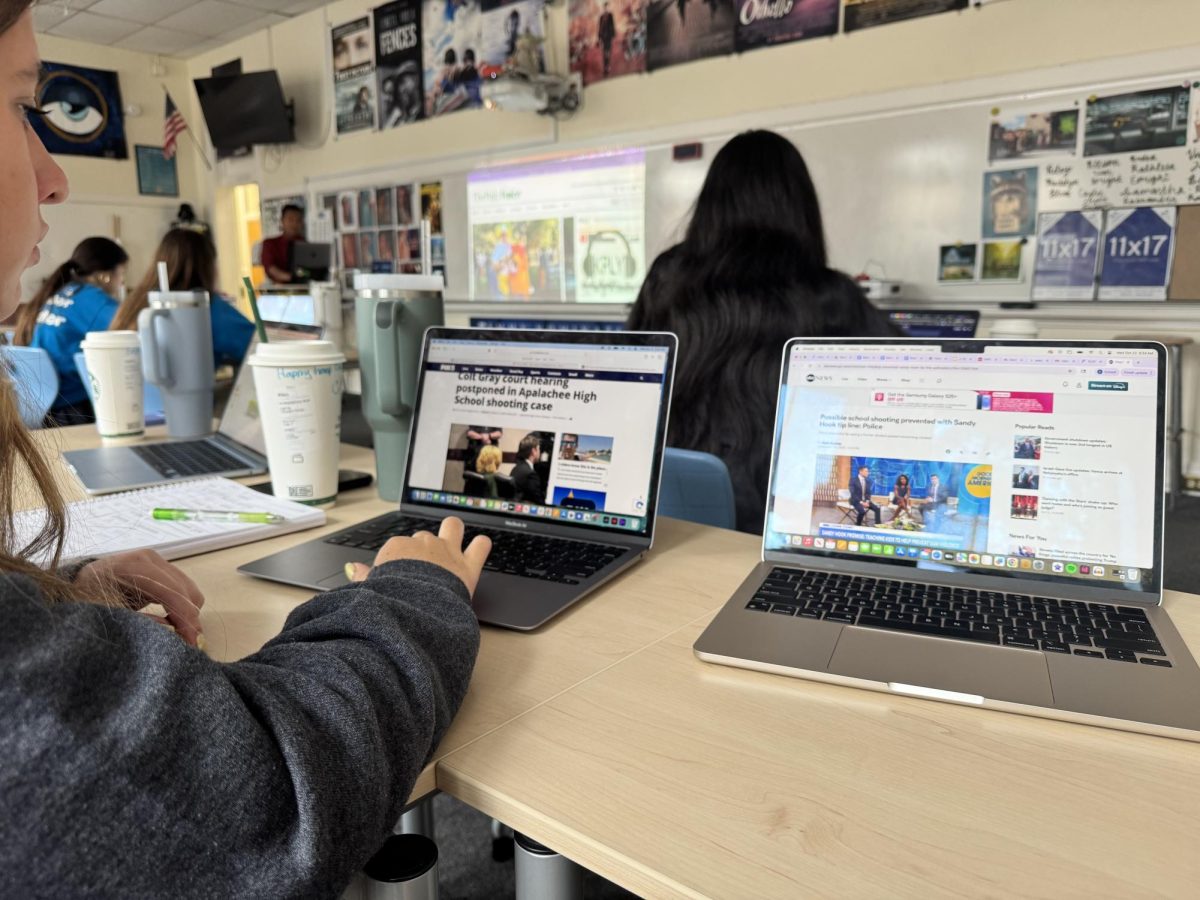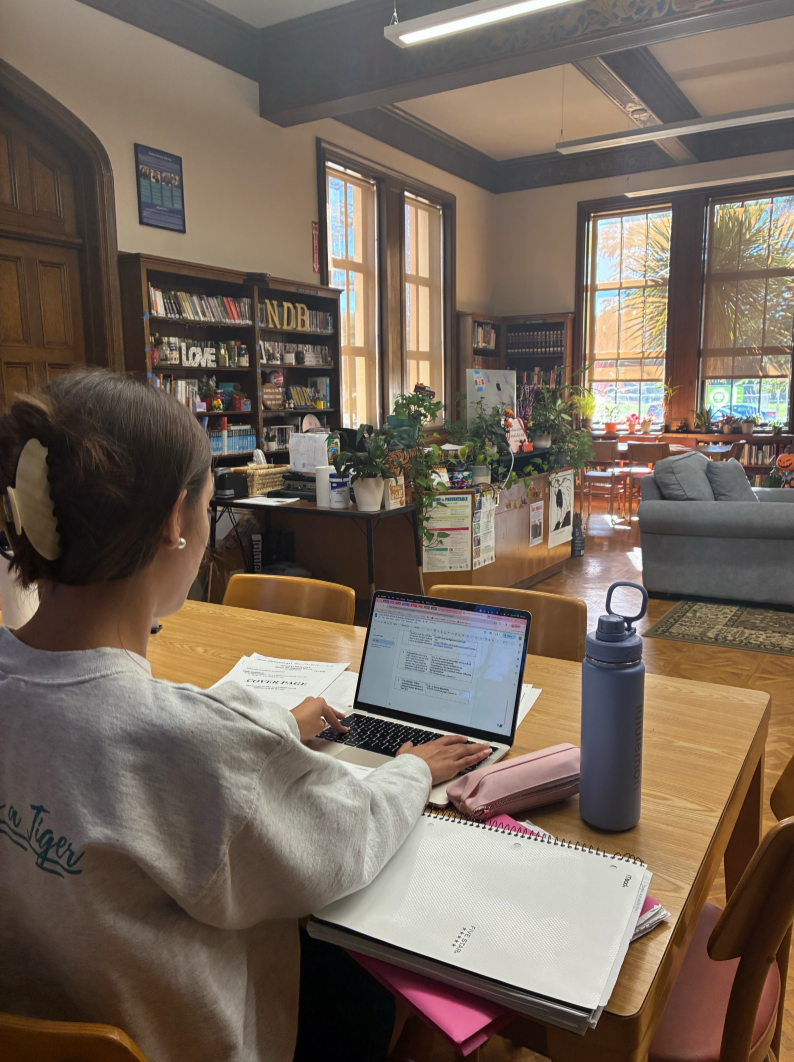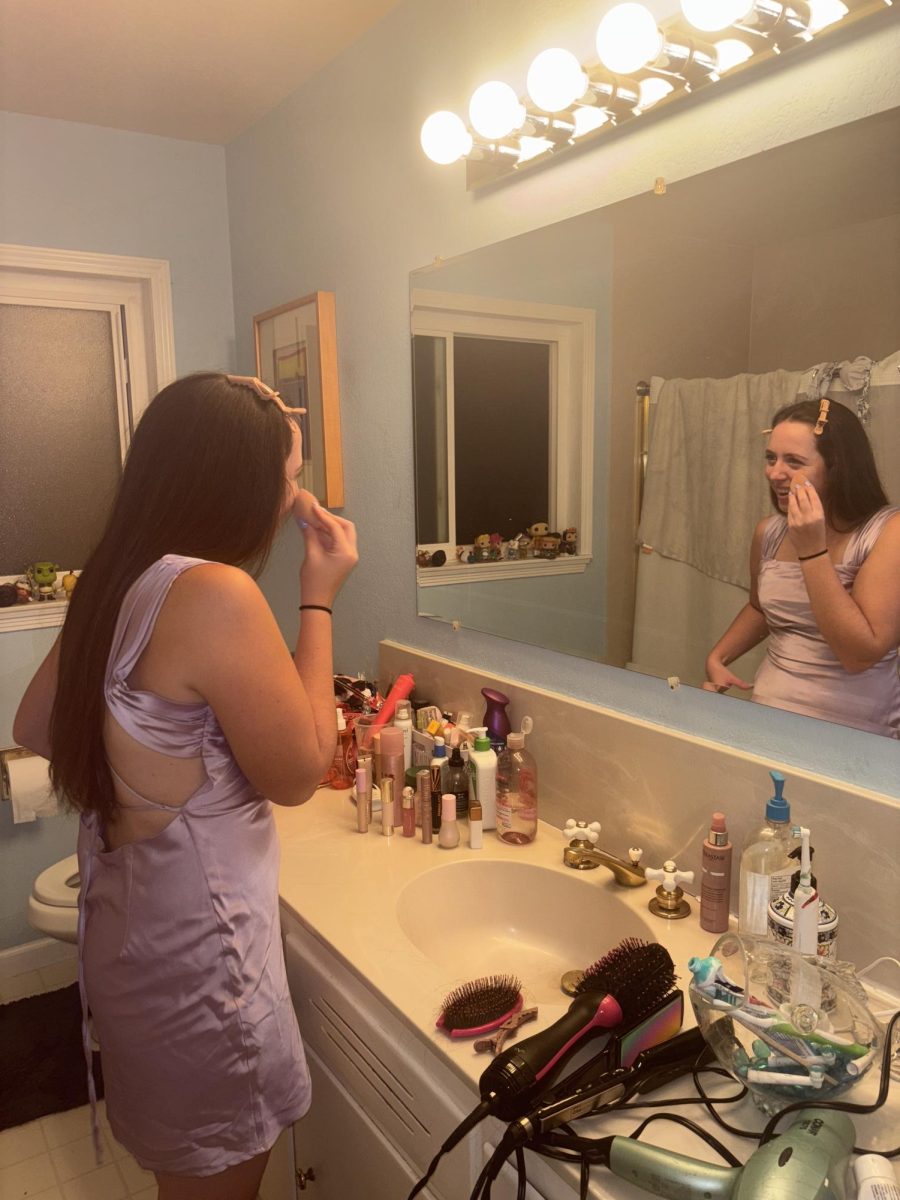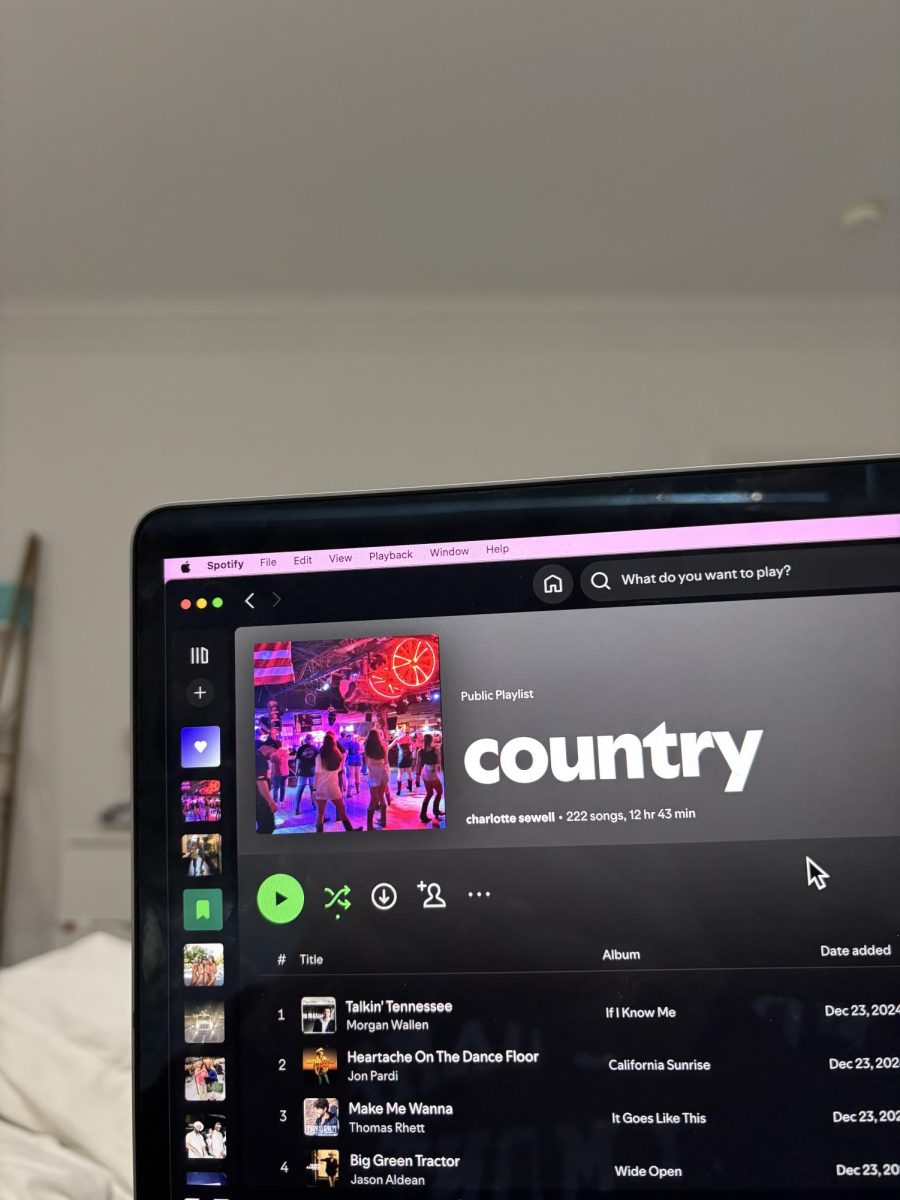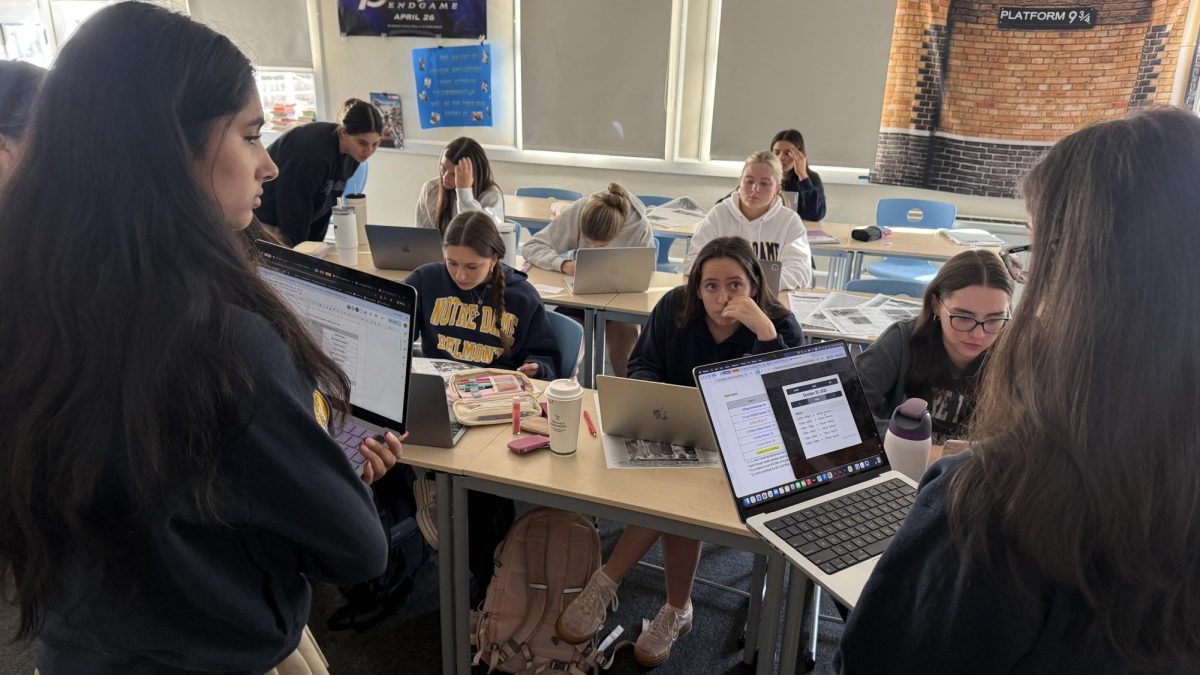The world has come a long way since the 1800s. Women can vote. They can own property. They have the same rights as men. But there is still one common gender misconception: That the trades are only for men. Construction workers. Electricians. Plumbers. Those jobs are for the guys, right? Wrong.
Blue-collar jobs or skilled trades are overwhelmingly male-dominated. According to the Institute for Women’s Policy Research in “Numbers Matter: Clarifying the Data on Women Working in Construction,” women only made up 3.5% of workers in the trades in 2021.
Many high school girls do not consider blue-collar jobs. And, while the trades are not for everyone, there are girls who may not even realize this field could be a perfect fit for them. Girls who like using their hands and do not want to spend their
working years hunched over a computer may find that a blue-collar job is fit for them.
While college is great for some, it is not a necessity. If someone is interested in trades, they can skip over college, go straight into an apprenticeship of their desired trade and begin making money while training on the job. Of course, one can attend college and still go into the trades after if they want the college experience. But, it is important to remember that people can do great things in life and provide for themselves without a degree.
Josie Schefer is a 22-year-old electrician. She grew up helping her family members who were in the trades, and always liked working with her hands, so she was drawn to the occupation. She began working with a company just out of high school. Schefer shared her experience being a woman in the trades with The Catalyst.
“Recently, I was working with my dad on one of his jobs, doing some electrical work, and the client came and said, ‘Oh, I’d be more comfortable if your dad was working on this, nothing personal,’” shared Schefer. “I didn’t want to be rude to him, so I said, ‘Okay. That’s fine.’ He went and talked to my dad, who looks at him and says, ‘Oh no. She’s the one who actually knows more about this, so I’m gonna have her do it. She’s worked in electrical for almost three years now.’”
Oftentimes, women have a stigma in mind that physical labor tasks are reserved for men, but this could not be further from the truth. There are no “girl jobs” or “boy jobs.” There are just jobs.
Being a woman in the trades is not always the easiest. However, it is an immense accomplishment and something to be proud of for the rest of one’s life.
Another empowered woman in the trades is Kelsey Lester, a plumber who graduated from San Francisco State University in 2016 and attended Union Active Local 38’s apprenticeship program from 2019 to 2024. She shared her journey in the trades with The Catalyst as well as the different challenges she faced.
Being a woman in a male-dominated field is something to be proud of. It is easier to conform to society’s standards, but pushing outside the lines creates a legacy.
“I think it’s pretty empowering to be the minority,” shared Lester. “It definitely has its challenges, but I feel like it taught me a lot about myself. You’re put to the test every day, and you just have to show up and do your best, and that’s all you can do, really.”
The stereotype that only men can do physical labor often creates pressure for women in the same field, who feel like they have to prove that they are capable of doing as much as their male counterparts.
“In the beginning, I felt like I wanted to go above and beyond, just so that they wouldn’t see me as a female, so that they would see me as one of them – One of the guys,” said Lester. “But, then, I feel like, as I proved myself, they didn’t doubt me. And, even if they weren’t doubting me in the beginning, I think I had that idea in my head, and I just wanted to be seen as another individual, not as a female.”
When asked what kind of challenges she continues to face in her job, Lester shared, “I think my biggest challenge is sometimes being overlooked. I’ve noticed that at times, I’ll bring an idea to the table, and it can be completely ignored. But, ten minutes later, someone else will say the same thing, and whoever was ignoring me says, ‘Oh, that’s a great idea.’ So, sometimes, it feels like you kind of lose your voice. You just have to be very assertive and not let it get you down.”
Lester gave one piece of advice to teenage girls who are considering this field. “I would say to always keep your head up and always keep moving in the forward direction,” she shared. “I think it’s your own mind that can get you down, and overthinking things. I would just say to ignore that and push on through, because you can do it.”
She added, “I definitely think you should follow your passions and wherever that leads you because you never know – One thing could lead you to something else that you fall in love with.”
Everyone finds their passion at a different time in their life. The important thing to remember is that trying lots of different things could steer someone onto their designed path, and it might not be college. People should not have to get a degree to be viewed as successful. With blue-collar businesses needing more workers than ever and AI eliminating many jobs, now is a better time than ever to join the trades.
High school need to highlight the other choices aside from college and diverge from the built-in stereotype that college is the end goal. Not everyone is built to follow this formula, so all possibilities must be given equal playing time.
Josie Schefer and Kelsey Leter serve as role models for students considering going into blue-collar work. They are reminders that college is not mandatory. There are other options. As long as the path you choose makes you happy, that is all that matters.
Once someone finds their passion, nothing should discourage them from it. Although it may be daunting to jump into a male-dominated industry, if that is what someone was meant to do, then they should dive in headfirst. It is more challenging to forge your own path, but hold your head high. Besides, if men can, then women can, too.

